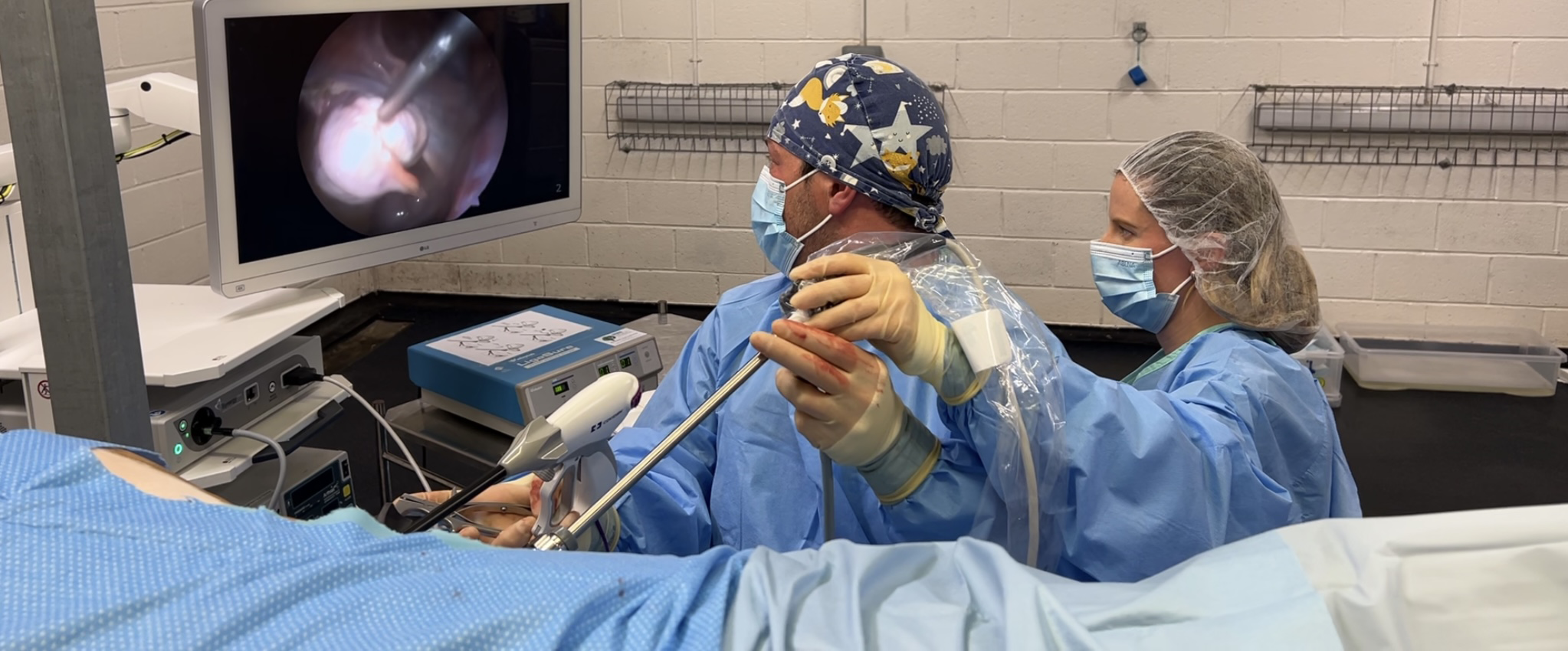Passports
- In the UK all horses, ponies, mules and donkeys must have a passport by law.
- It is the owner’s responsibility to ensure their horse has a passport not the keeper of the horse (eg: yard owner, trainer etc)
- Foals must be microchipped and have a passport issued before they are six months of age or by 31 December in the year that they are born whichever is later
- The keeper of the animal must have the passport with them at all times when they are with the animal
- Passports are required for identification, effective disease control and to ensure certain medicines do not enter the human food chain.
- If a horse does not have a valid passport it cannot be legally transported, sold or slaughtered for human consumption. Certain medicines cannot be prescribed for horses who do not have a passport.
- Once the passport is issued it is valid for life. When the animal dies the passport should be returned to the Passport Issuing Organisation (PIO) that issued it for the passport to be invalidated within 30 days
- For lost passports the PIO should be contacted and a duplicate passport can be requested
- Passports need to be updated after purchase by the new owner.
- Horses cannot be sold without a valid passport and the vendor is committing an offence if they try to sell a horse without a valid passport
Microchips
- All horses should be microchipped by a veterinary surgeon and is compulsory when a passport is applied for
- This is a quick and simple procedure in which your vet will implant a small microchip in the mid left hand side of your horse’s crest
- This well tolerated and a local anaesthetic is used to aid placement in wriggly foals or horses!
- Once placed – the animal can be scanned with a microchip reader and a specific number will appear on the scanner
- Copies of the special number labels will be given to you and placed on the passport application forms
- Occasionally we see horses which have accidentally been microchipped twice – in these cases both numbers would be entered in the passport and reported to the PIO so accurate records are maintained
Section IX and what it means
All passports should have a Section IX in which an individual horse must be declared as either he IS or IS NOT intended for human consumption in the appropriate sub-section. The owner/keeper and the vet prescribing the medication should sign the passport if a restricted medicine is to be given and the passport is not already signed.
Once the passport has been signed as ‘NOT intended for human consumption’ this can never be changed.
If you do not want to sign your horse out of the food chain. This decision means that your horse will not be able to receive certain medications and may have to wait a substantial amount of ‘withdrawal’ time (statutory six months in many cases) after administering other medications before the horse can be legally slaughtered for human consumption. In some circumstances other medications can be used but there is not always a suitable alternative.
What if it is an emergency and I do not have my passport?
The vet will use medications which are suitable for horses intended for human consumption or you may be asked to fill out a form detailing that you understand the horse now must never enter the food chain.
Does anyone actually check?
Every horse which passes through a UK abattoir is tested for meat residues. Large fines are payable for positive results.


